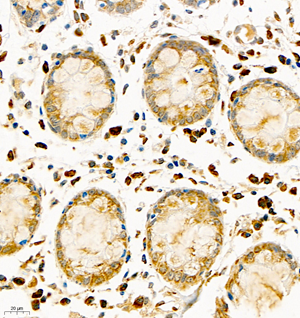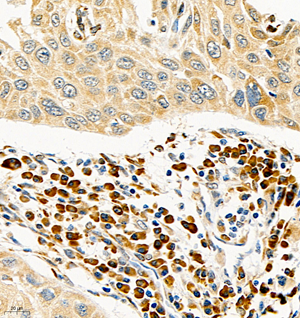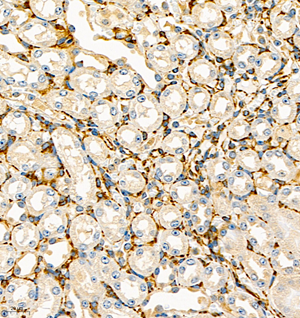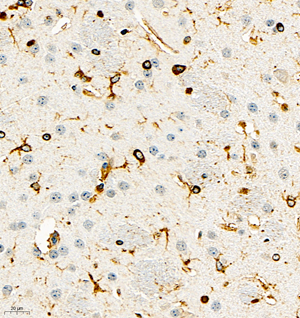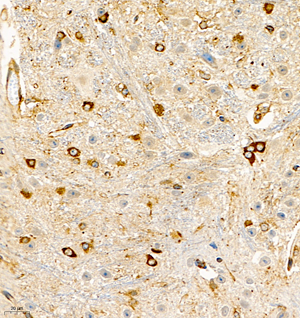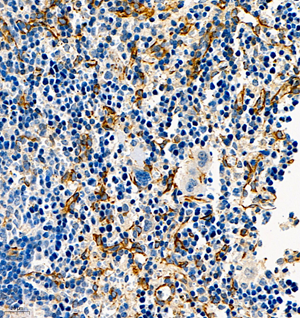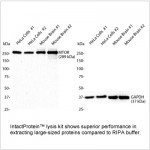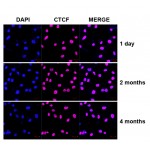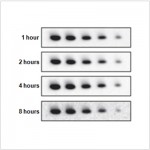| Reactivity: | H,M |
| Applications: | IHC/IF |
| Host Species: | Rabbit |
| Clonality: | Polyclonal |
| Full Name: | MAP4 rabbit polyclonal antibody |
Gene Name: | Microtubule-associated protein 4 |
Synonyms: | MAP-4, Map4, Mtap4, DKFZp779A1753, MGC8617 |
Immunogen: | Recombinant protein corresponding to Mouse MAP4 |
Isotype: | IgG |
Purity: | Affinity purification |
Subcellular location: | Cytoplasm |
Uniprot ID: | P27816, P27546 |
Product Usage Information
Applications | Species | Dilution | Positive Sample |
IHC/IF | Human, Mouse | 1: 1000-1: 4000 | colon, kidney, liver, lung cancer, spinal cord, spleen |
Background
The protein encoded by this gene is a major non-neuronal microtubule-associated protein. This protein contains a domain similar to the microtubule-binding domains of neuronal microtubule-associated protein (MAP2) and microtubule-associated protein tau (MAPT/TAU). This protein promotes microtubule assembly, and has been shown to counteract destabilization of interphase microtubule catastrophe promotion. Cyclin B was found to interact with this protein, which targets cell division cycle 2 (CDC2) kinase to microtubules. The phosphorylation of this protein affects microtubule properties and cell cycle progression.
Images
|
|
Immunohistochemistry of paraffin embedded human colon using MAP4 (GB111384) at dilution of 1:1900 (400x lens) |
|
|
Immunohistochemistry of paraffin embedded human lung cancer using MAP4 (GB111384) at dilution of 1:1900 (400x lens) |
|
|
Immunohistochemistry of paraffin embedded mouse kidney using MAP4 (GB111384) at dilution of 1:1900 (400x lens) |
|
|
Immunohistochemistry of paraffin embedded mouse liver using MAP4 (GB111384) at dilution of 1:1900 (400x lens) |
| Immunohistochemistry of paraffin embedded mouse spinal cord using MAP4 (GB111384) at dilution of 1:1900 (400x lens) |
|
|
Immunohistochemistry of paraffin embedded mouse spleen using MAP4 (GB111384) at dilution of 1:1900 (400x lens) |
Storage
| Storage | Store at -20°C for one year. Avoid repeated freeze/ thaw cycles. |
| Storage Buffer | PBS with 0.02% sodium azide, 100 μg/ml BSA and 50% glycerol. |

